Interactions between US and Chinese representatives, commitments to collective responsibility, and new features from Europe are some of the notable points at the Shangri-La Dialogue in Singapore on June 2-4.
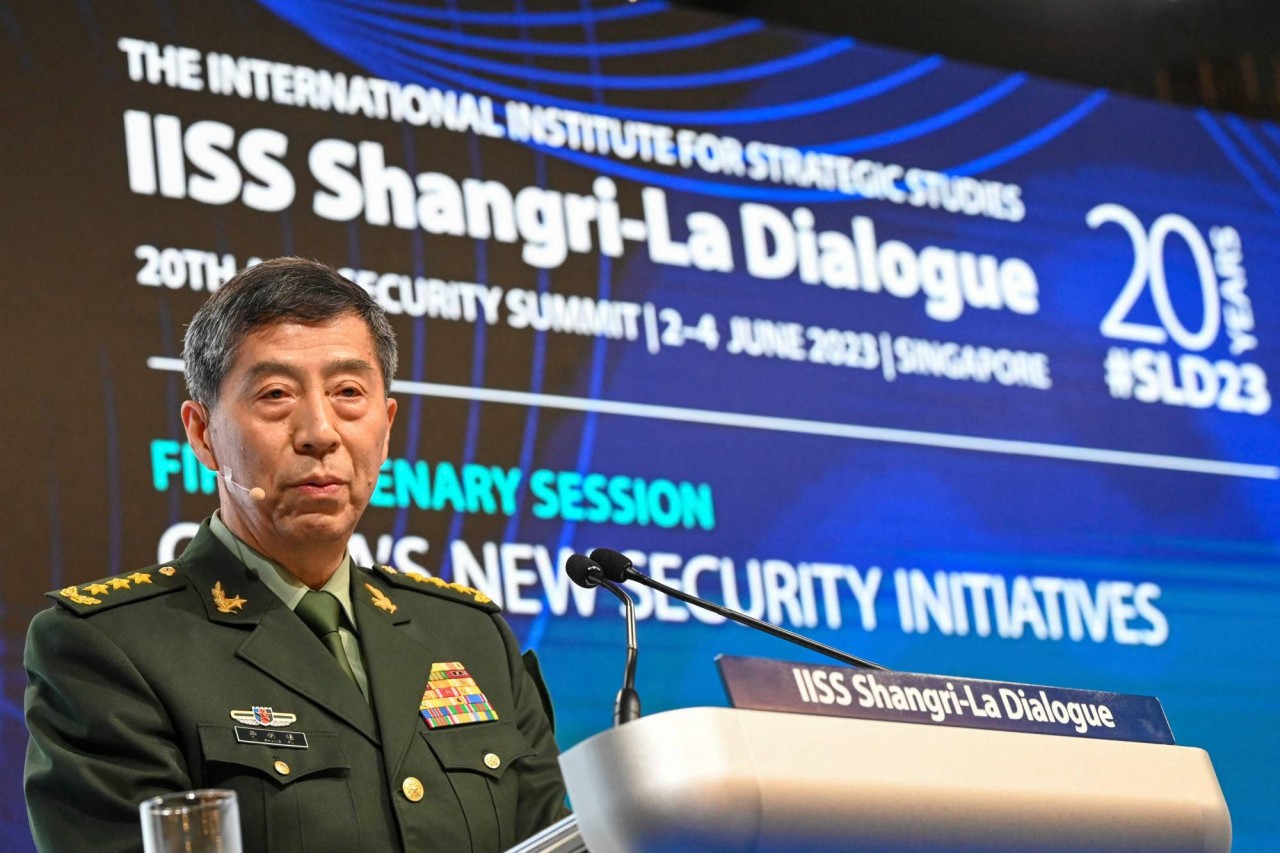 |
| Chinese Defense Minister Li Shangfu speaks at the Shangri-La Dialogue in Singapore on June 3. (Source: AFP) |
Common concern and collective responsibility
First, it is the importance of this forum. On the one hand, with nearly 600 delegates attending, 7 plenary sessions with 6 discussion sessions and many bilateral meetings on the sidelines, the Dialogue is proving to be increasingly attractive.
On the other hand, it shows the emergence of more and more problems affecting the regional security environment such as great power competition, respect for international law, use of force and threat of use of force, territorial sovereignty, environment, etc.
In that context, the diverse number of topics, from building a balanced and stable Asia-Pacific region, developing new partnerships for regional security to the security impact of technological competition and digital competition, partly covered the common concerns of the speakers and guests.
Second, the discussion content was relatively broad, but most of the discussion sessions ended with statements promoting collective responsibility and the spirit of respect for international law, especially in resolving current hot spots and conflicts such as Russia-Ukraine, the Korean peninsula, Sudan, the Taiwan Strait or the East Sea.
Speaking at the Shangri-La Dialogue, keynote speaker, Australian Prime Minister Antony Albanese, said that the event once again affirmed that peace, security and stability in the Indo-Pacific is not the responsibility of any single person. Therefore, it is not wrong to say that “collective responsibility” and the spirit of respect for international law are certainly the major themes throughout this forum.
Handshake is not a conversation
However, implementing that “collective responsibility” and spirit of respect for international law will not be simple when competition between the US and China remains fierce, clearly demonstrated through the interactions between representatives of the two countries at the Shangri-La Dialogue.
Speaking on June 3, US Defense Secretary Lloyd Austin affirmed that the country “does not seek conflict or confrontation, but is prepared to respond to bullying or coercion.” The United States will continue to adhere to the One China principle, although it “opposes any unilateral attempts to change the status quo from either side.”
However, the highlight was when he criticized Beijing for “not being willing to build a more appropriate mechanism for crisis management between the two militaries.” Notably, at the same time, US and Canadian warships were said to have passed through the Taiwan Strait.
This has led to a negative reaction from representatives from Beijing. Immediately after Mr. Austin’s speech, Deputy Chief of the Joint Staff Department of the Central Military Commission of China, Lieutenant General Geng Jianfeng, responded on the sidelines. He said that the US representative had “severely distorted the facts and truth” on the Taiwan issue and criticized Washington’s “illegal surveillance activities.”
For his part, Chinese Defense Minister Li Shangfu criticized “certain countries” for intensifying the arms race and interfering in the internal affairs of others, warning of a “Cold War mentality.” However, he stressed that despite “systemic differences,” China does not seek conflict or confrontation and is willing to work with the United States to “seek common ground and common interests to enhance bilateral relations and deepen cooperation.”
In that context, the first handshake and brief exchange between the two counterparts reflected a message: Despite efforts to connect on both sides, fundamental differences will make bilateral defense cooperation more difficult.
| “Collective responsibility” and the spirit of respect for international law are certainly major, consistent themes at this Shangri-La Dialogue. |
The role of ASEAN and the new features of Europe
Representatives of the US, China, Australia, Japan, South Korea, India, the UK, Canada and the European Union (EU) all agreed on the central role of the Association of Southeast Asian Nations (ASEAN) in the security structure of the Asia-Pacific region and pledged to strengthen cooperation with the bloc in the coming time.
Japanese Defense Minister Yasukuzu Hamada affirmed that in addition to the Shangri-La Dialogue, Japan will continue to pay attention to regional cooperation frameworks led by ASEAN such as the East Asia Summit (EAS), the ASEAN Regional Forum (ARF), and the ASEAN Defense Ministers Meeting Plus (ADMM+).
Meanwhile, UK Defense Secretary Ben Wallace reiterated that the country's registration to join ADMM+ shows the spirit of cooperation throughout the UK's defense relations. More importantly, it contributes to affirming the importance of ASEAN to London's policy in the region.
Finally, the presence of European representatives, from EU High Representative for Foreign Affairs and Security Policy Joseph Borrell to British Defense Secretary Ben Wallace, is also noteworthy. In fact, many leaders on the continent have emphasized that the situation in the Asia-Pacific will have a direct impact on European security issues, whether it is the Russia-Ukraine conflict or US-China tensions. In that case, the Shangri-La Dialogue is clearly the ideal venue for European officials to deliver a key message about the next steps in their approach to the Asia-Pacific region.
Speaking at the Dialogue, EU High Representative for Foreign Affairs and Security Policy Joseph Borell affirmed that Europe wants to become “a reliable, capable partner” in the Asia-Pacific to promote security. He affirmed: “We need each other. We need to stabilize this world.”
The Shangri-La Dialogue is an opportunity for all parties to sit down, discuss and work towards that common goal.
Source



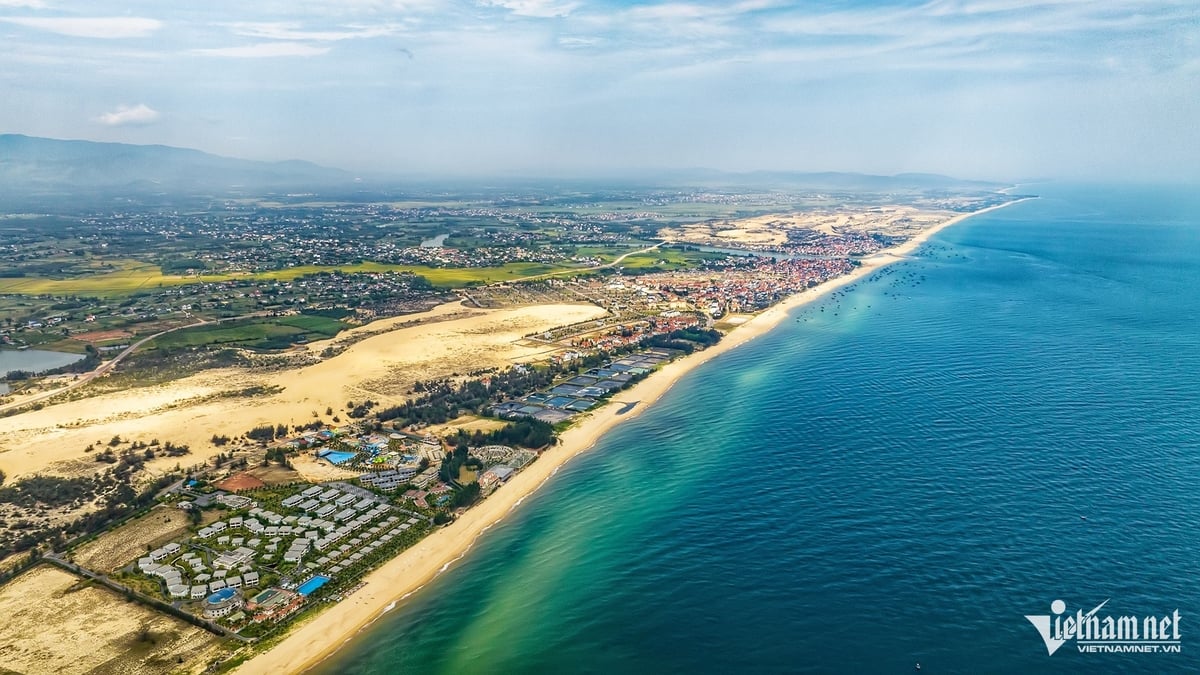
![[Photo] General Secretary To Lam holds a brief meeting with Russian President Vladimir Putin](https://vphoto.vietnam.vn/thumb/1200x675/vietnam/resource/IMAGE/2025/5/10/bfaa3ffbc920467893367c80b68984c6)
![[Photo] Prime Minister Pham Minh Chinh chairs a meeting of the Steering Committee for key projects in the transport sector.](https://vphoto.vietnam.vn/thumb/1200x675/vietnam/resource/IMAGE/2025/5/10/0f4a774f29ce4699b015316413a1d09e)
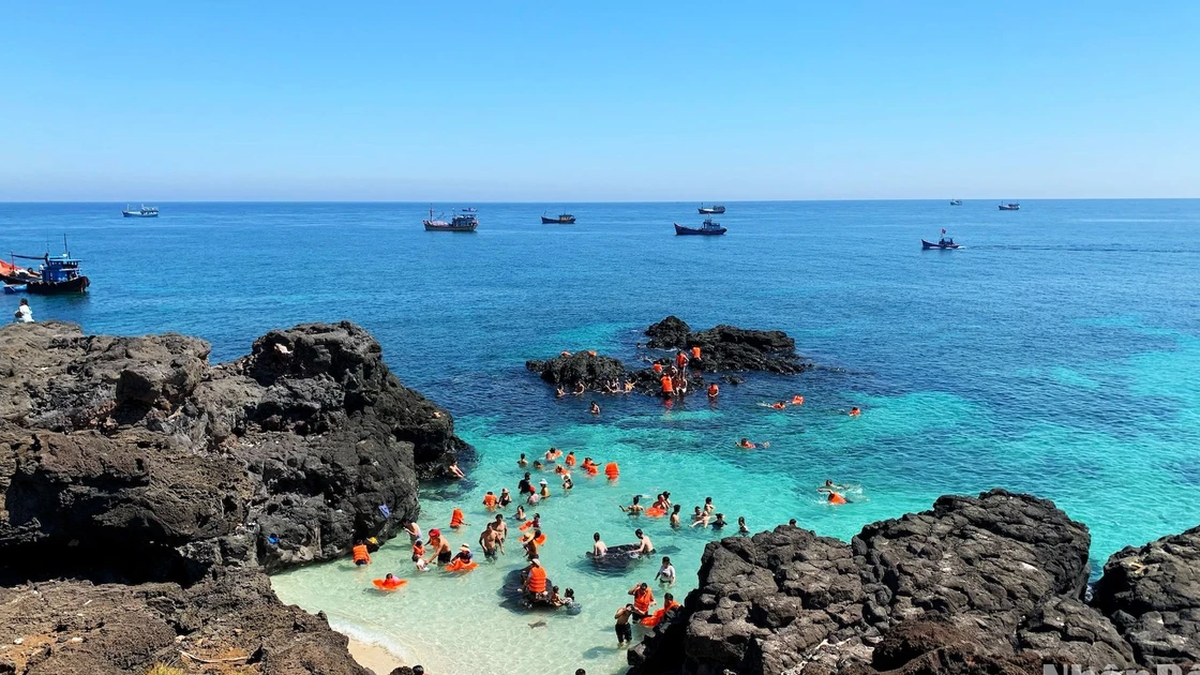
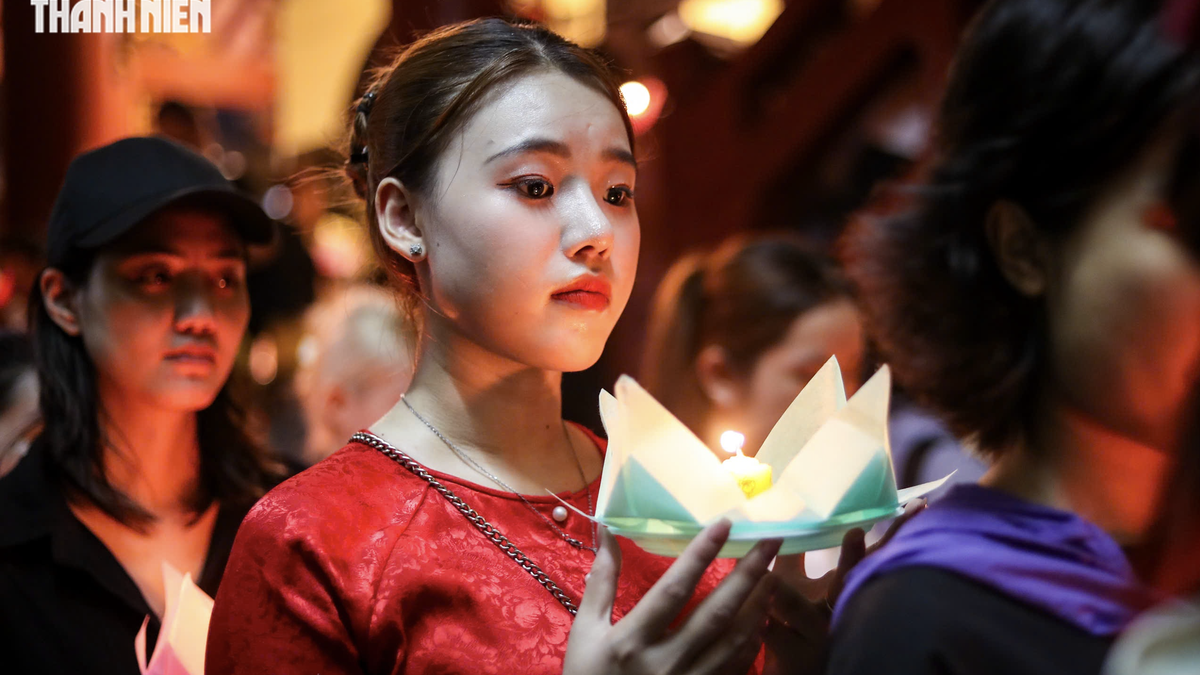


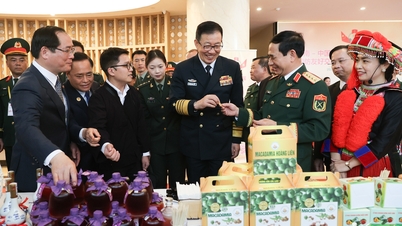

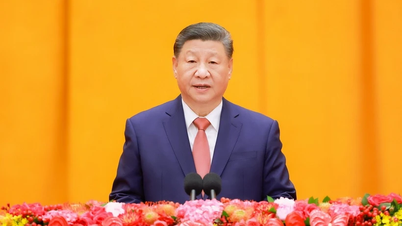





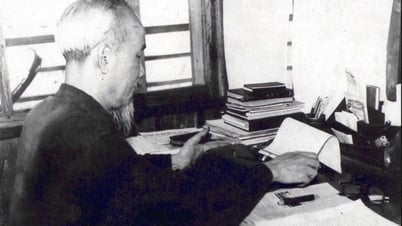

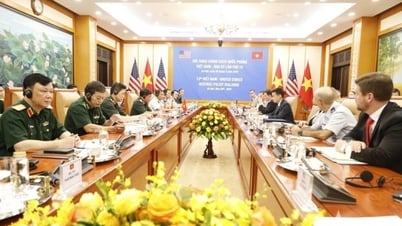
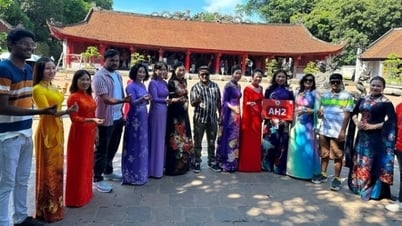

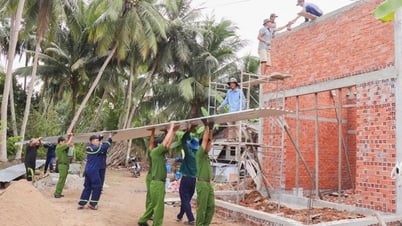




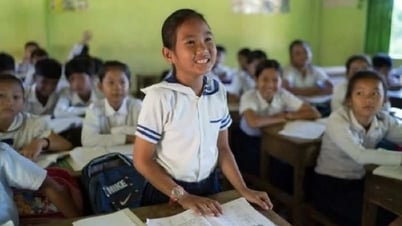
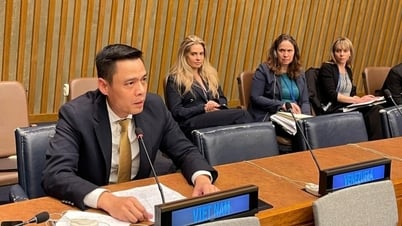
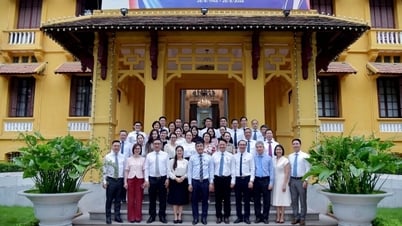
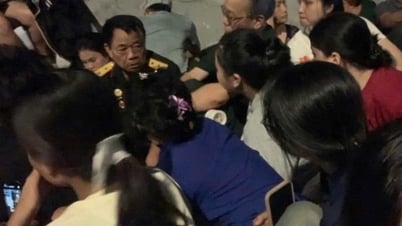

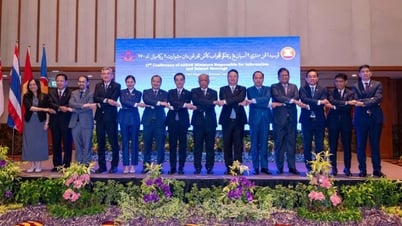































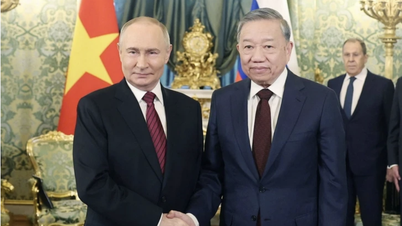

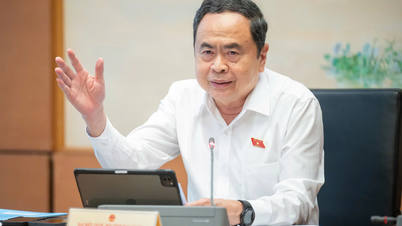
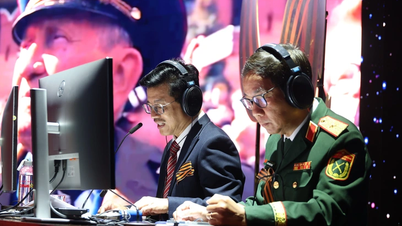
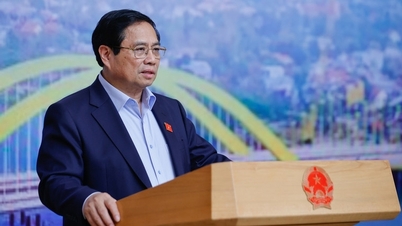








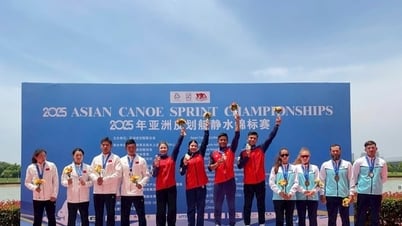

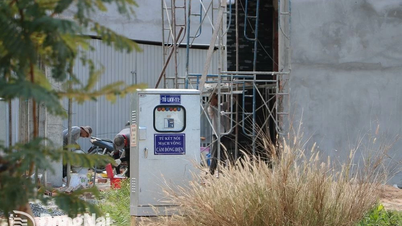

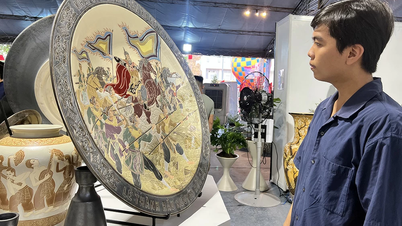

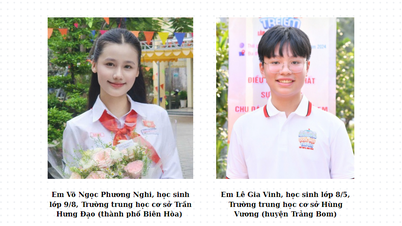












Comment (0)